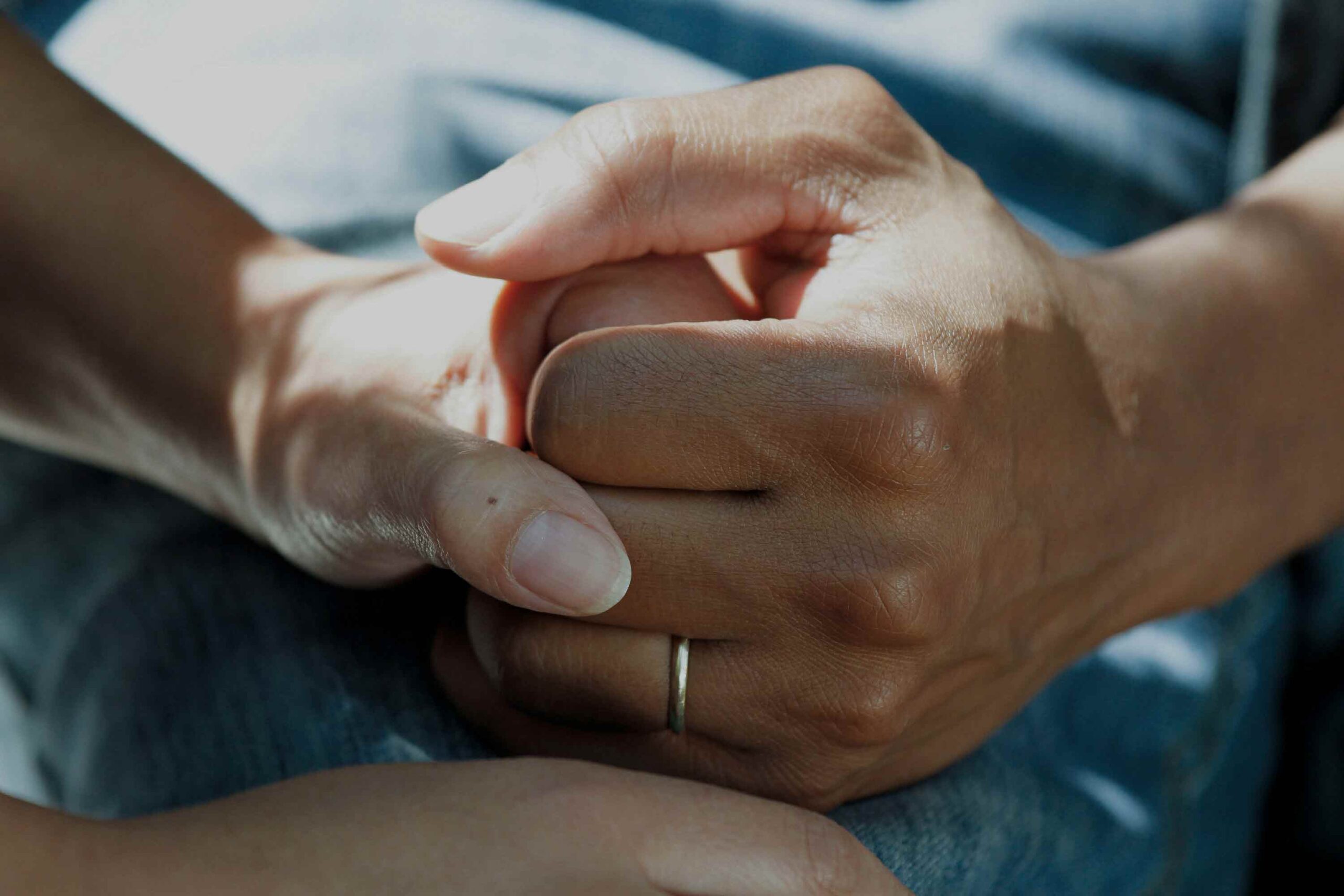LEAH FARISH|GUEST
“Inoperable.” “Stage 4.” “Radiation won’t help.” “Aggressive cancer.”
These are things I was told about my husband Kent’s sudden, alarming condition two months ago. But I was also told important things from the Word of God. Since those are the things that apply to everyone, those are what I want to tell you.
When we thought he had mere weeks to live, we sat together in awe as he sipped bone broth, the only thing he could stomach. He had started chemotherapy the very day he first saw an oncologist, who admitted him straight to the hospital. We murmured in disbelief to see my husband, a physician himself and a dynamo of energy, quickly declining to a wraith who couldn’t walk across the street. I started asking him his passwords, and hired a yard man. Calls and texts started to pour in to my phone with questions and offers of help.
One thing we resolved to do was not to criticize or minimize any attempt to comfort or assist us. I learned not to second-guess messages or gestures of concern, no matter how brilliant or clumsy. We agreed we would take everything that people brought to our situation, no matter how big or small, as straight from God’s hand. We had no desire to use what we thought were Kent’s last days in critiquing ways that others tried to express their love. Love doesn’t keep count of wrongs suffered, so if we had had expectations of what someone should do for us, we gladly dropped them. Since when one member of the Body hurts, we all hurt, maybe wisdom from the pain might come to us through another who was not technically suffering. Kent even started habitually opening his hands upward whenever someone would proffer a prayer or encouraging word. Soon we felt the surrounding cloud of loving support sent by the Body of Christ.
Second, we were alert to how we could use this trial to edify others. I heard someone say recently that “Suffering is a gift to the Church.” I had tried to understand it as a gift to the individual sufferer, but this broadened the picture. Could God use our tribulations to help others? This kept us searching Scripture for truths to stand on. Kent shared his faith, which didn’t waver, with hospital staff. Much of the time I was too stunned, or concerned with Martha-type problems, to be a good witness, but we had a sense of purpose that helped us think that even if we didn’t fully understand this stage of our lives, maybe it could bless others to see us walking this confusing path with Christ.
As I prayed, at one point I realized that this difficult, murky life is the only chance we have to praise Him in suffering. There is a sacrifice of praise that we can only make from this fallen world, before faith becomes sight and every tear is dried.
Kent and I also learned what we knew. That is, we viscerally experienced the reality of verities we had heard for years. We were freshly aware that “to be absent from the body is to be present with God.” I once heard a priest talk about being kidnapped in Central America. When asked what lessons he learned, he said he now understood “how thin is the tissue between this life and eternity.” Now I know that at times, you can almost see through it.
Our church’s elders came to our house for prayer according to James 5:14-16, and I saw another side of them that afternoon. After compassionately listening to Kent describing our circumstances, one elder quietly turned to me and said, “How would you like us to pray?” I said, “This is an aggressive cancer and I want you to pray aggressively.” Those men sat up, rolled up their spiritual sleeves, gathered around Kent, and did exactly that! I’d never heard such bold praying from these gentle men. They have periodically assured me since then that they are praying “aggressively!”
The prayers of our elders, and countless others, are being heard. My husband’s most recent scan shows no cancer anywhere in his body! Only halfway through his course of chemo, he feels great, and once again I can’t keep up with him. He now says he feels a bit nostalgic for when heaven felt so near. But we hope never to forget the lessons learned.
Photo by National Cancer Institute on Unsplash

Leah Farish
Leah Farish is host of the podcast, Conversation Balloons, on all the main platforms, and is active at Christ Presbyterian in Tulsa. She can be reached at LeahFarish.com

